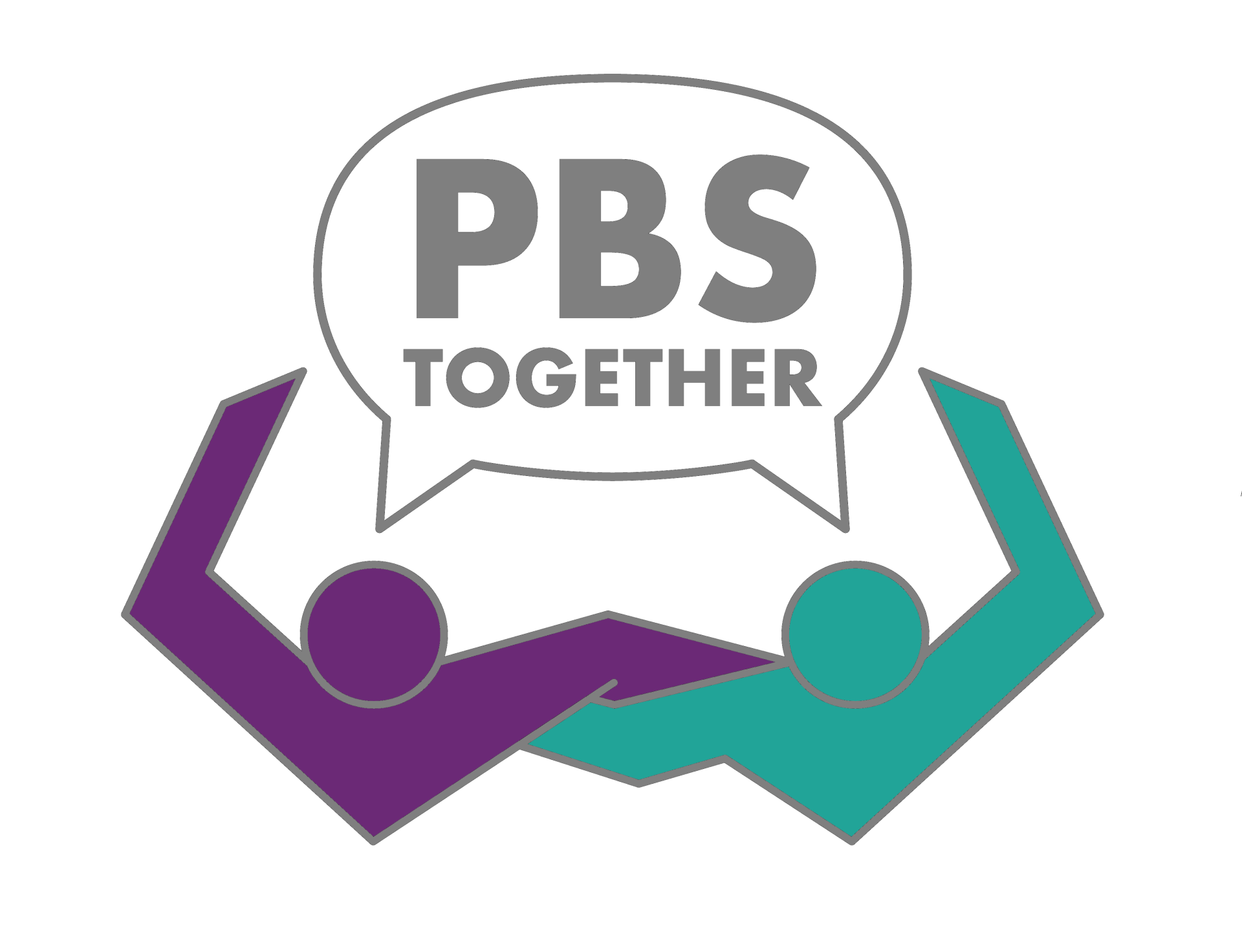How to engage with and stay engaged with First Nations families
On the 5th of August, 2024, we hosted an insightful webinar featuring Debra Fernando, a respected Bigambul, Gomeroi woman, BA and Honors in Psychology (Southern Cross University), and master in Education - Applied Behavioural Analysis (Monash University).
Debra shared her extensive experience working with First Nations communities across urban, rural, and remote areas. Her presentation focused on effective strategies for engaging and maintaining relationships with First Nations families, highlighting the importance of cultural understanding and inclusive practices.
We're excited to share the recording of this enriching session with you. Watch the video to learn more about fostering meaningful connections with First Nations communities.
Debra shared her extensive experience working with First Nations communities across urban, rural, and remote areas. Her presentation focused on effective strategies for engaging and maintaining relationships with First Nations families, highlighting the importance of cultural understanding and inclusive practices.
We're excited to share the recording of this enriching session with you. Watch the video to learn more about fostering meaningful connections with First Nations communities.
Resources Recommended by Debra
During the webinar, Debra mentioned some valuable resources that might interest you:
First Nations Not-for-profitOrganisation | Children’s Ground
Whatmatters to First Nations children in Australia? A new app is helping us findout
MEET THE PRESENTER
Debra Fernando
B. Psych, Hons. M. Ed. ABA

As a proud Bigambul, Gomeroi woman, I am deeply connected to far northwest NSW within the Gamilaraay language nation. This connection, along with my 30 years of experience working with First Nations communities throughout Australia, including urban, rural, and remote locations, forms the foundation of my work and my identity.
My journey began as a chef, but it was my work in a government organisation that truly ignited my passion. I was tasked with troubleshooting major problems in servicing First Nations people in remote communities. The highlight of this period was managing 1.2 million square km of the remote areas of the northern territory, where I provided employment, access, and services to remote families. This experience was a turning point, inspiring me to dedicate my career to making a tangible difference in the lives of First Nations communities.
Then, I went on to work with the University of South Australia, where our team of researchers received the Vice Chancellor Award for excellence in engaging in communities. Moving from SA back to NSW, I began working with the SAX Institute as the Study manager to progress their First Nations child health research project in urban and rural children 's health. Within a short period, we established the project in five primary Aboriginal Medical services, which identified the gaps in services to First Nations children within these areas. Highlights: establishing ongoing specialised services such as hearing and speech therapy for First Nations families.
At the age of 50, I embarked on my academic career, completing my BA and Honors in psychological science at Southern Cross University. I continued my studies in 2020, completing my master’s in education Applied Behavioural Analysis at Monash University. Whilst studying, I started to work as a positive behavioural therapist practitioner with The Center for Positive Behavioural Support, where I held a position as a Behavioural support practitioner. Throughout my career, I have been unwavering in my commitment to finding the most appropriate services for First Nations peoples. My goal has always been to bridge the gap between First Nations and Non-First Nations people. This passion has led me to focus on ABA and holistic therapies, which offer a comprehensive approach to addressing the needs of First Nations families.
Due to the impacts of cultural loading I have received over my working career, I ended my journey of working for others and started my own business,“FeatherWay Road”. I collaborate with families to establish an environment where everyone feels included, supported, and empowered. Working with neurodiverse children, I embrace their unique strengths, cultures, and challenges to cultivate an inclusive and supportive learning environment. ABA has been one of the many highlights of my academic career. I have seen and experienced the solid, sustainable results this has on families and individuals
My journey began as a chef, but it was my work in a government organisation that truly ignited my passion. I was tasked with troubleshooting major problems in servicing First Nations people in remote communities. The highlight of this period was managing 1.2 million square km of the remote areas of the northern territory, where I provided employment, access, and services to remote families. This experience was a turning point, inspiring me to dedicate my career to making a tangible difference in the lives of First Nations communities.
Then, I went on to work with the University of South Australia, where our team of researchers received the Vice Chancellor Award for excellence in engaging in communities. Moving from SA back to NSW, I began working with the SAX Institute as the Study manager to progress their First Nations child health research project in urban and rural children 's health. Within a short period, we established the project in five primary Aboriginal Medical services, which identified the gaps in services to First Nations children within these areas. Highlights: establishing ongoing specialised services such as hearing and speech therapy for First Nations families.
At the age of 50, I embarked on my academic career, completing my BA and Honors in psychological science at Southern Cross University. I continued my studies in 2020, completing my master’s in education Applied Behavioural Analysis at Monash University. Whilst studying, I started to work as a positive behavioural therapist practitioner with The Center for Positive Behavioural Support, where I held a position as a Behavioural support practitioner. Throughout my career, I have been unwavering in my commitment to finding the most appropriate services for First Nations peoples. My goal has always been to bridge the gap between First Nations and Non-First Nations people. This passion has led me to focus on ABA and holistic therapies, which offer a comprehensive approach to addressing the needs of First Nations families.
Due to the impacts of cultural loading I have received over my working career, I ended my journey of working for others and started my own business,“FeatherWay Road”. I collaborate with families to establish an environment where everyone feels included, supported, and empowered. Working with neurodiverse children, I embrace their unique strengths, cultures, and challenges to cultivate an inclusive and supportive learning environment. ABA has been one of the many highlights of my academic career. I have seen and experienced the solid, sustainable results this has on families and individuals
Empty space, drag to resize
Write your awesome label here.
Join our newsletter.
Receive updates on new courses, webinars, and useful resources for working with positive behaviour support.
Thank you!
Empty space, drag to resize
News
-
Blog
-
Videos
-
Socials
Empty space, drag to resize
Write your awesome label here.
We are an authorised continuing education provider by the BACB to offer Learning Continuing Education (CE) to BCBAs or ABAA PDUs.
Write your awesome label here.
We acknowledge the Traditional Owners of the land on which we live and work. We pay our respects to their Elders past, present, and emerging, and recognise their ongoing connection to land, waters, and culture. We are committed to the path of reconciliation and building a just and inclusive society for all.
Empty space, drag to resize
Copyright © 2024
SOLD OUT
Enter your details on our waitlist and we will inform you when the next workshop is available - Click Next
